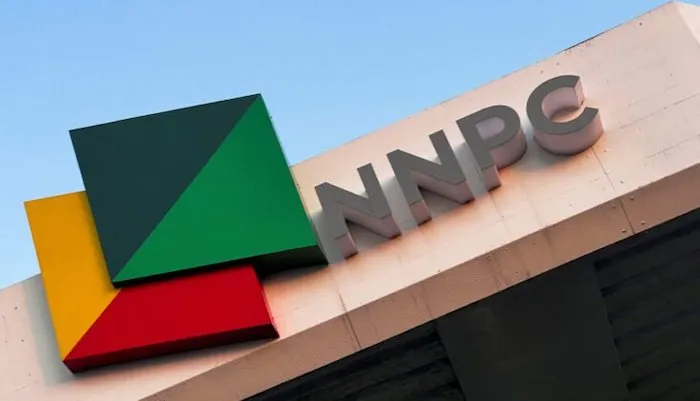NNPC confirms payment but says it’s not for fuel subsidy
The Nigerian National Petroleum Company Limited (NNPC Ltd.) says it has not paid fuel subsidies to anyone in the last nine years. The Chief Financial Officer of the company, Alhaji Umar Ajiya, made the clarifications on Monday in Abuja. Ajiya said NNPC Ltd. was only handling Premium Motor Spirit (PMS) importation shortfalls between the company […]

The Nigerian National Petroleum Company Limited (NNPC Ltd.) says it has not paid fuel subsidies to anyone in the last nine years.
The Chief Financial Officer of the company, Alhaji Umar Ajiya, made the clarifications on Monday in Abuja.
Ajiya said NNPC Ltd. was only handling Premium Motor Spirit (PMS) importation shortfalls between the company and the federation.
“In the last eight to nine years, NNPC Ltd. has not paid anybody a dime as a subsidy; no one has been paid Kobo by NNPC Ltd. in the name of subsidy.
- PHOTOS: Presidency finally unveils new Presidential jet, keeps mum on cost
- Adamawa begins payment of N70,000 minimum wage in August
“No marketer has received any money from us by way of subsidy.
“What has been happening is that we have been importing PMS, which has been landing at a specific cost price, and the government tells us to sell it at half price. “So the difference between the landing price and that half price is a shortfall.
“And the deal is between the Federation and NNPC Ltd., to reconcile, sometimes they give us money, so there is no money exchanging hands with any marketer in the name of subsidy,” he said.
He stated that credit lines are prevalent in downstream businesses based on the worldwide commercial system.
He added that the company was in an open credit agreement with PMS suppliers in the past, with term-line contracts for payment.
Also, Dapi Segun, the Executive Vice President of downstream at NNPC Ltd., said that establishing an open credit agreement with suppliers spoke volumes about the credibility the national oil company had built over time.
“Concerning the outstanding to the suppliers, it is not in that magnitude that has been put out, it is lower than the $6.8 billion.
“What really matters is the relationship between us and our suppliers to ensure that we keep faith in making these payments to our suppliers, which we have done over time.
“You would understand that it is not a static figure, and I wouldn’t want to quote any figure. When we make payments, it goes down, and when they supply products, it goes up.
“It is a dynamic way, but the most important thing is to ensure that we continue to make PMS available across the country,” he said.
NAN
